“We love each other, Donald Trump told Davos about Xi Jinping. “Our relationship with China has probably never been better. We went through a very rough patch, but it has never, ever been better.” The good news of a trade deal calmed the turmoil of US China relations, but the coronavirus crisis worsened. This article is a summary of important China US news in January 2020.
President Trump and Chinese Vice Premier Liu He signed a phase one trade deal at the White House, thereby calming the nearly two-year-long trade war. Read all 96 pages here, or this Reuters factbox. The US agreed to halve the tariff rate it imposed on 1st September on a $120 billion list of Chinese goods, to 7.5%; China agreed to increase purchases of American products and services by at least $200 billion over the next two years. Trump called it “a transformative deal” It’s “good for China, for the United States and for the whole world, said Xi Jinping.
There was no public decision on when the far trickier phase two negotiations will start. Liu He reassured China’s other trade partners that they wouldn’t miss out, but the European Chamber of Commerce in China called the deal “distortion in the market” and warned it was “rewriting globalisation”. Xi sought to reassure European companies that their interests will not suffer as a result of the trade deal.
Amid Trump’s celebration of the moment and his team, Robert Lighthizer, the US trade representative, said that “this deal will work if China wants it to work,” an admission that enforcement remains uncertain. Many observers doubt Washington will ultimately achieve the further structural concessions it seeks as Beijing won’t change its economic model to appease the US.
China remained deep in the deadly Covid-19 crisis, spreading fear, frustration and tragedy in what should be the lunar new year holiday season. The outbreak could hit Beijing’s ability to meet the purchasing agreement elements of the $200bn trade deal, cautioned some analysts. Commerce Secretary Wilbur Ross said the virus could help the US, forcing businesses to reconsider supply chains and return jobs and manufacturing from China to the US.
Amid a crackdown on Chinese influence in the US, a Harvard University professor was charged with lying about his well-paid role in China’s Thousand Talents Plan recruitment programme. US Secretary of State Mike Pompeo said the US sees the Chinese Communist Party as the “central threat of our times”, but failed to convince Boris Johnson to keep Huawei out of the UK’s 5G network.
Washington will gradually roll back its China tariffs during a staged negotiation of a phase two deal thatmay last beyond the 2020 US presidential election in November, said Treasury Secretary Steven Mnuchin. China’s $200 billion, two-year spending spree negotiated with the Trump administration appears increasingly difficult to deliver, according to Bloomberg analysis.
As fears grow that US-China economic decoupling is irreversible, US firms are shifting supply chains elsewhere in Asia, reported the FT. Tensions over technology continued to simmer, and some Chinese firms shunned the CES in Las Vegas. Mike Pompeo warned Silicon Valley firms about the “enormous risk, risk to America’s national security as well” of selling their technology to China. The US government seeks to expand its powers to block shipments of foreign-made goods to Huawei, while senators urged Washington to adopt a $1bn plan to subsidise US firms to compete with Huawei on 5G.

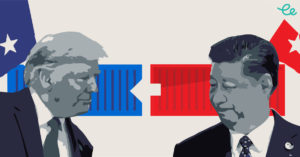
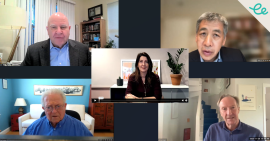

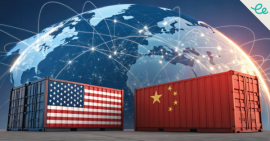

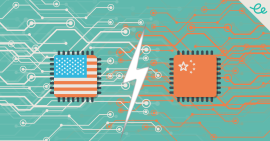
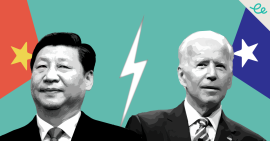

Comments are closed.